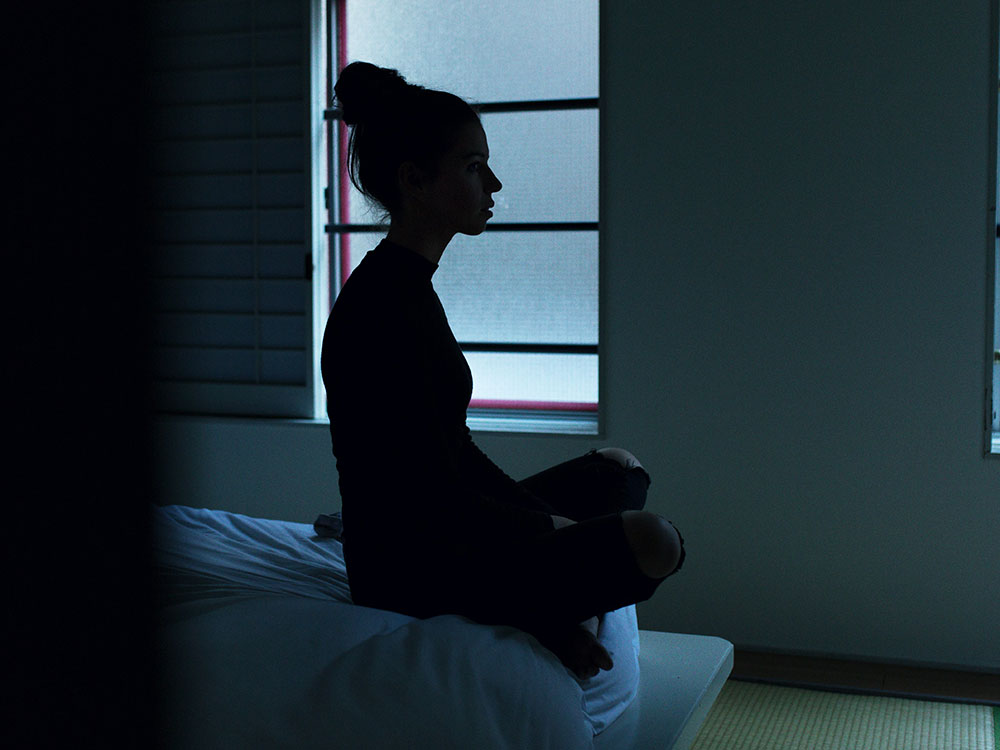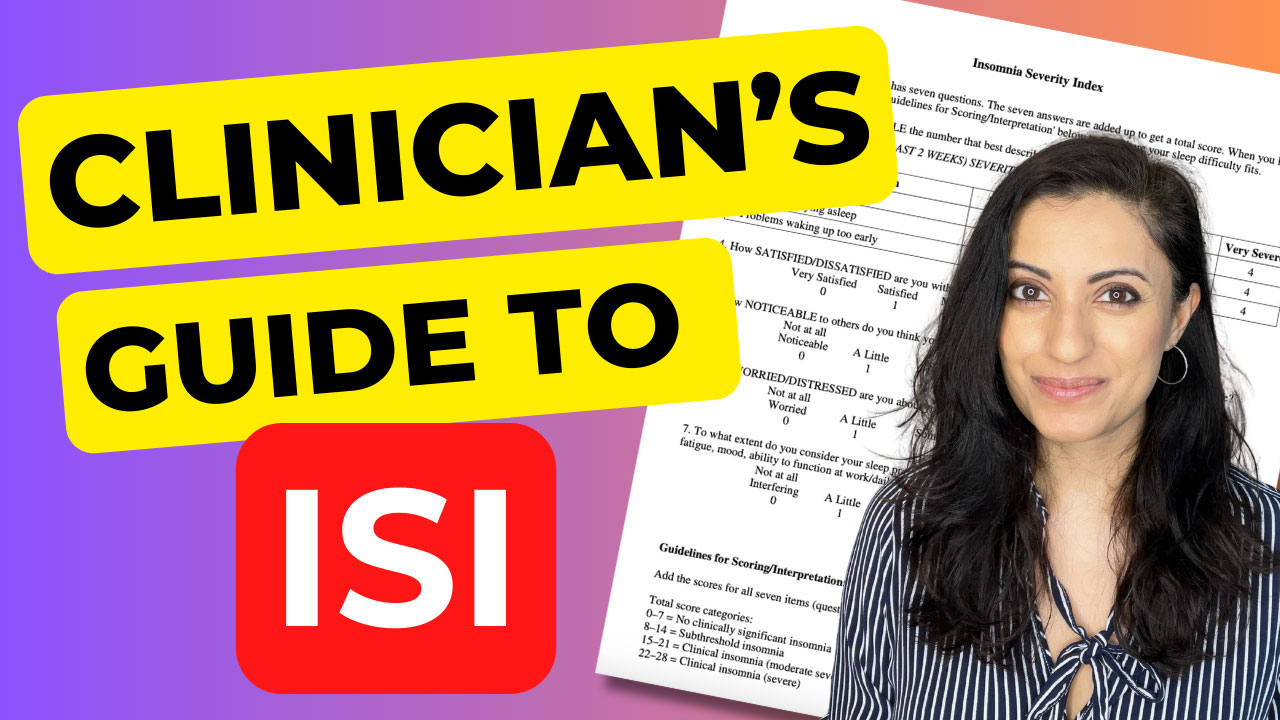We all see patients struggling with insomnia, but implementing CBT-I (cognitive behavioral therapy for insomnia) in real-world practice can feel daunting, especially when you’re not a sleep specialist.
I remember my first time recommending “sleep restriction” to a patient.
The look of panic on her face made me question if I was helping or just adding to their anxiety.
In fact, sleep restriction is often the thing that scares people away from CBT-i or leads to non-adherence with treatment.
This is where the art of clinical practice comes in: meeting patients where they are.
This week, I sat down with Dr. Parky Lau PhD, a sleep psychologist at Stanford, to talk about how to make CBT-I practical, flexible, and patient-centered, even for clinicians who don’t do this every day.
In this episode, Dr. Lau shares:
- How to build a case formulation for insomnia (and why it matters)
- How to practically implement time in bed restriction (and why he prefers that term over “sleep restriction”)
- Practical analogies (like pizza dough and finger trap) to help patients understand sleep
- How to adapt CBT-I for menopause and bipolar disorder
- Tips for supporting patients who are anxious, perfectionistic, or dependent on sleep aids
- How to build flexibility and empathy into a successful treatment plan
- And more…
When your next patient mentions insomnia, you’ll have practical tools from this video to guide your clinical thinking.
Did you learn something today? Click here to find out how Learner+ can help you meet your evolving educational goals.
References:
Walker J, Muench A, Perlis ML, Vargas I. Cognitive Behavioral Therapy for Insomnia (CBT-I): A Primer. Klin Spec Psihol. 2022;11(2):123-137. doi: 10.17759/cpse.2022110208. PMID: 36908717; PMCID: PMC10002474.


